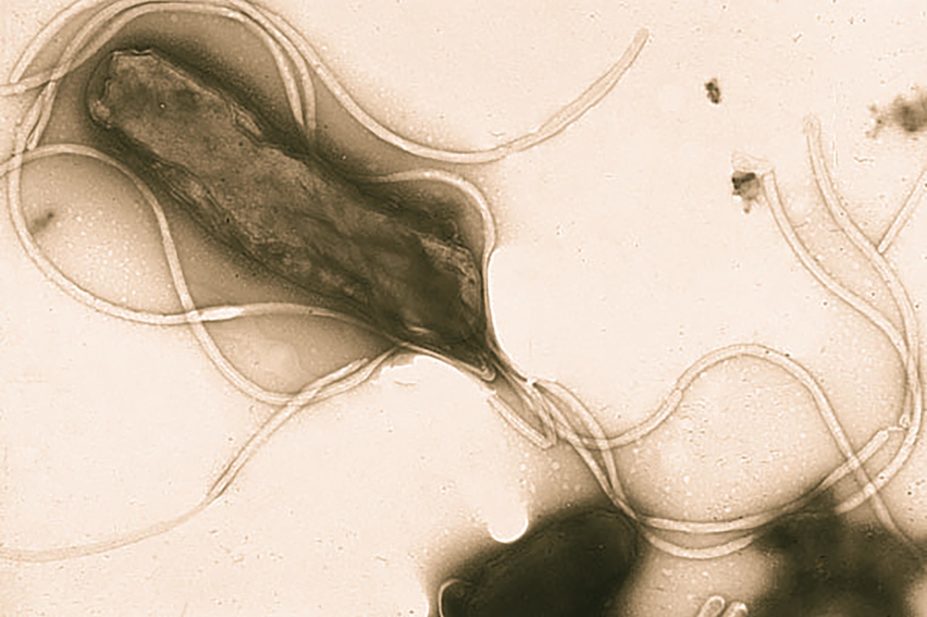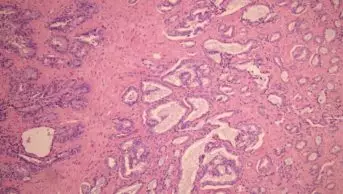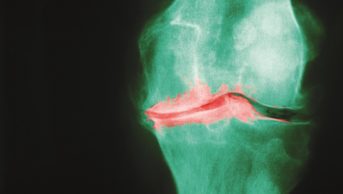
Yutaka Tsutsumi, M.D. / Wikimedia Commons
Among strategies used to eradicate Helicobacter pylori infection in adults, the previously recommended seven days of standard triple treatment – proton pump inhibitor plus clarithromycin, together with amoxicillin or metronidazole − was the least effective, according to a review and meta-analysis published in The BMJ
[1]
.
Researchers considered the findings of 143 eligible randomised controlled trials and found that of 14 different treatment regimens available for comparison, “concomitant treatments, 10 or 14 days of probiotic-supplemented triple treatment, 10 or 14 days of levofloxacin-based triple treatment, 14 days of hybrid treatment, and 10 or 14 days of sequential treatment might be better alternatives for the eradication of H pylori”.
In addition, the study found that, although prolonging the duration of treatment appeared to enhance eradication rates, it also increased the risk of adverse events. “The two treatments that performed best in terms of adverse events were the seven days of probiotic-supplemented triple treatment and seven days of levofloxacin-based triple treatment,” they write.
Speaking on behalf of the British Society of Gastroenterology, Ayesha Akbar, consultant gastroenterologist at St Mark’s Hospital, London, says the review is interesting. “Eradication therapy has provided a big advance in the therapy of these conditions,” she says. “It is good to have a meta-analysis looking at therapies.”
However, Akbar draws attention to the paper’s limitations. “A small sample size of some of the studies, the lack of adequate randomisation techniques (not using double blind methods) and the widespread geographical variation of the study sites may limit the relevance to the UK,” she says.
Akbar also points out that while the authors make a case for considering different therapy regimes for eradication, they also comment that in one randomised controlled trial in the UK, a greater than 90% response rate was seen with standard triple therapy. “Further well-designed randomised controlled studies looking at some of these alternative therapy regimes would be welcomed,” she concludes.
H pylori infects around one third of adults in northern Europe and North America, and more than 50% of people in southern and eastern Europe, South America and Asia, the researchers say. With infection rates falling in developed countries, the authors suggest that socioeconomic status and living standards may play a role in the distribution of the infection.


